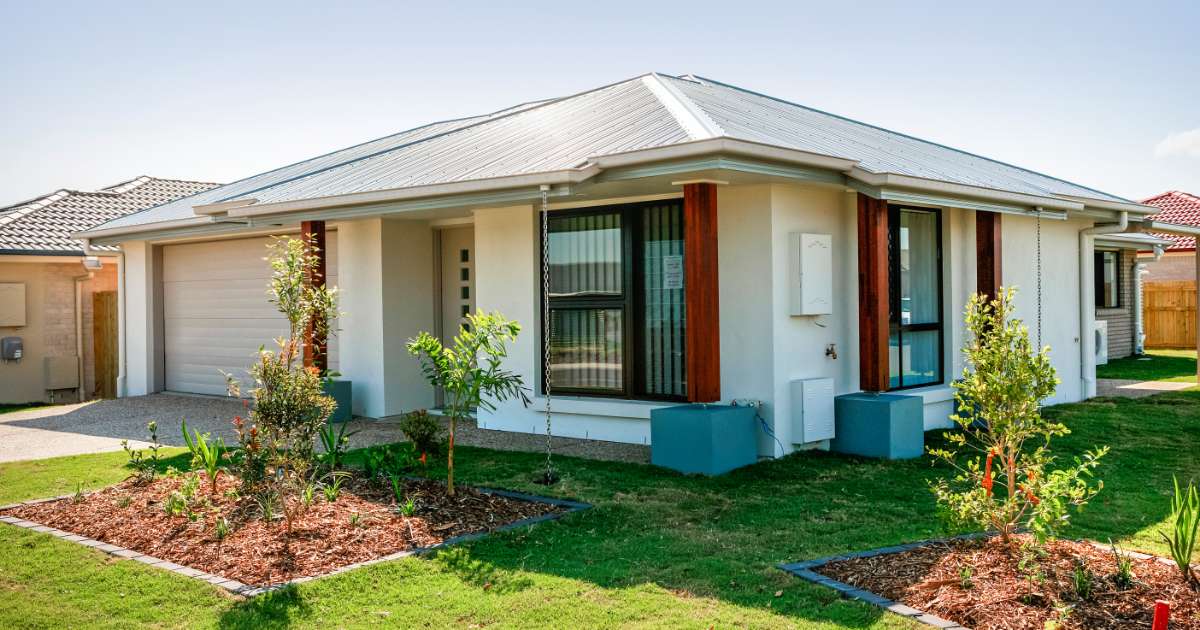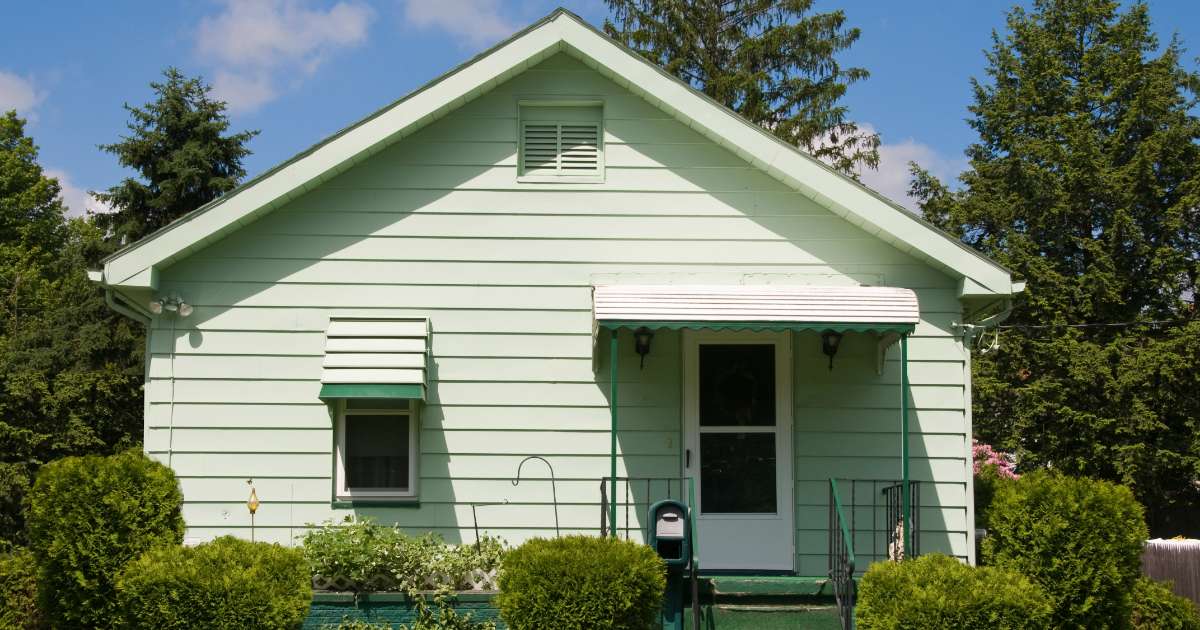Navigating the sale of any home can be complicated, but having to deal with unpermitted work can make things much harder. Such work can lower a property’s worth, create legal risks, and make buyers hesitant. Yet, with a solid plan, selling a house with unpermitted work is still a possibility.
Whether you decide to get your house up to code or sell your house “as is,” here are some ways you can move forward confidently.
What is unpermitted work?
Unpermitted work refers to alterations done without proper authorization. Common examples of work that requires permits include:
- Adding a second story or sunroom
- Modifying or expanding plumbing for new appliances
- Replacing structural beams or foundations
- Installing certain outdoor features like swimming pools and large fountains
Residential permitting tends to be focused on 3 main areas:
- Safety risks: Non-code-compliant work on the gas line to an oven, for example, could be a safety risk for the occupants.
- Legal consequences: Unpermitted changes can lead to problems like city fines and lawsuits.
- Insurance issues: Claims may be denied for damage that can be traced to unpermitted work.

Understanding code violations
You can find code information for Orlando on the city website. Nearby cities like Kissimmee and Sanford make this information available online as well.
The Florida Building Code is the basis for local building codes throughout the Sunshine State. This code is based on model codes like the International Building Code and the International Plumbing Code. Individual cities and counties have the right to add local provisions as well.
Hurricane Andrew, which devastated South Florida in 1992, led to sweeping changes to building codes statewide. Its impact prompted the development of the Florida Building Code (FBC), introducing stricter construction standards to better withstand hurricane-force winds. These regulations included requirements for impact-resistant windows, reinforced roofing systems, and secure hurricane straps, significantly enhancing the resilience of new buildings against future storms.
Changes in building codes can present hurdles for homeowners. For example, Orlando is in Wind Zone 3. Since 2004, the FBC has dictated that windows in this part of the state have mandatory impact standards. If you have a house built in 1995, you might be out of compliance. Some older windows might be able to be “grandfathered in” because they were up to code at one time. If your house’s windows installed in 2006 were never permitted and do not meet later standards, chances are you will have to resolve the issue.
Much like counties and municipal areas, homeowners associations (HOAs) in Florida can make rules for homeowners. HOA rules often cover landscaping and architectural features. These should be consulted before making changes to your house.
Common unpermitted work and code violations
Performing major renovations without permits in Orlando can lead to complications, particularly during a pre-sale home inspection. Some problems that have caused homeowners issues include:
- Having the wrong size of HVAC unit
- An improperly installed EV charging station that presents a fire hazard
- A fence that extends past the property line.
- A structurally unsound second-story deck
Is it legal to sell a house with unpermitted work?
Florida law allows you to sell a property where unpermitted work has taken place, on the condition that you inform the buyer. Concealing this information could lead to legal action, so make sure that potential buyers are aware of any unpermitted work on the property.
How unpermitted work can affect your home sale
Unpermitted work can lower buyer interest by creating extra challenges, especially during lender inspections and appraisals. Unpermitted work can also impact home insurance coverage. Central Florida gets a lot of rain. If you install a skylight without a permit and the skylight collapses during a thunderstorm, there is a chance that your policy won’t cover the damage. Some types of unpermitted work may result in the cancellation of the homeowners insurance policy.
What are your options if you’re selling a house with unpermitted work?
If you’re selling a house with unpermitted work, you can:
- Fix the issue and obtain permits: The most straightforward way to resolve unpermitted work is to address the issue and secure the necessary permits. Small problems, like replacing a water heater, might be inexpensive. Larger issues, such as an unpermitted apartment conversion in your garage, may cost more to remedy.
- Apply for a retroactive permit: If the work was completed to code but lacks a permit, applying for a retroactive permit is an option. An inspector will assess the work and either approve it or recommend necessary updates.
- Sell the property “as is”: You can sell the home without fixing the unpermitted work, provided you disclose it. Shopping for an off-market buyer in Orlando might make an “as is” sale easier.
- Offer a buyer credit: At closing, you can provide a credit to the buyer, allowing them to handle the unpermitted work. This is a viable solution if you prefer not to oversee the repairs yourself.
Common mistakes when selling a house with unpermitted work
Here are some common approaches to avoid when selling “as is” with unpermitted work:
- Failing to disclose issues: Concealing unpermitted repairs and renovations that you are aware of can catch up with you in the long run.
- Making unpermitted updates while your house is on the market: While sellers are often anxious to get their house into a condition where it can sell for top dollar, an unpermitted job done poorly can make a successful sale even harder.
- Underestimating repair or permit costs: Be realistic about the costs of addressing major issues like unpermitted rewiring or foundation repairs. Budget accordingly.
- Trying to figure everything out on your own: Engineers, licensed contractors, Orlando-area real estate agents, and other pros might have valuable insights on what to fix and what to skip.
We Buy Ugly Houses® buys properties with unpermitted work.
If selling your house “as is” sounds like the right approach, give We Buy Ugly Houses® a shout. Our Orlando team buys houses with code violations. We’re open to many kinds of property, including rentals and single-family homes with significant issues.
Before you head down to City Hall for a retroactive permit, let us take a look!
This blog is for informational purposes only and should not be considered legal advice.














